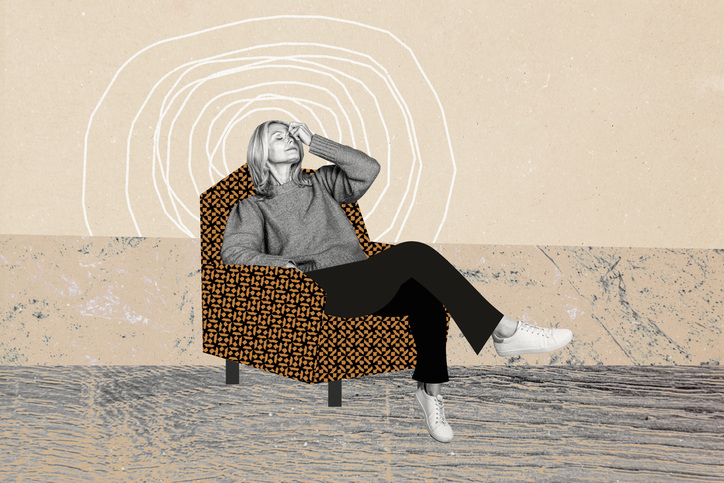Mental health is more than a diagnosis
We often associate mental health with “disorders,” “crises,” and “labels.” Yet it’s much broader. It’s also your capacity to:
- take care of yourself,
- work without burning out,
- find a bit of joy in your days,
- feel that your life has meaning.
And sometimes, all of that wobbles. The good news? You don’t have to wait until you’re at the end of your rope to ask for help.
The unique role of the occupational therapist
An occupational therapist is a bit like a detective of everyday life. They help you understand:
- Why is it so hard to get out of bed in the morning?
- Why doesn’t my sleep really restore me?
- How can I rebuild a routine that fits who I am?
- Am I still the same person at work?
- And above all… how do I pick up the thread of my life?
In practical terms, the occupational therapist supports you to:
- structure your days when everything feels scattered,
- manage your energy like a precious budget,
- reconnect with activities that make you feel good (or discover new ones),
- develop strategies to function better in a world that’s often too fast, loud, or demanding.
A day in Sophie’s life
Let’s take Sophie, 38, off work due to exhaustion. For weeks she has slept poorly, missed appointments, and felt guilty for not “bouncing back.”
In occupational therapy, she doesn’t start by “getting cured.” She starts by bringing order to her routine and reconnecting with her needs, strengths, and values.
That might include:
- planning a daily walk,
- learning to say no without guilt,
- reorganizing her workspace,
- or simply… breathing without judging herself.
Little by little, Sophie regains confidence and restores meaning to her days.
When should you see a mental health occupational therapist?
You can consult if:
- you feel overwhelmed by everyday life,
- you want to keep working but with a better life balance,
- you’d like to return to work… but not the way it was before,
- you’re looking for practical, concrete tools tailored to you.
Mental health occupational therapy is the art of getting hands-on with your life again—with empathy, structure, and creativity.
Do you have questions or want to book an appointment with a mental health occupational therapist? Contact us.





